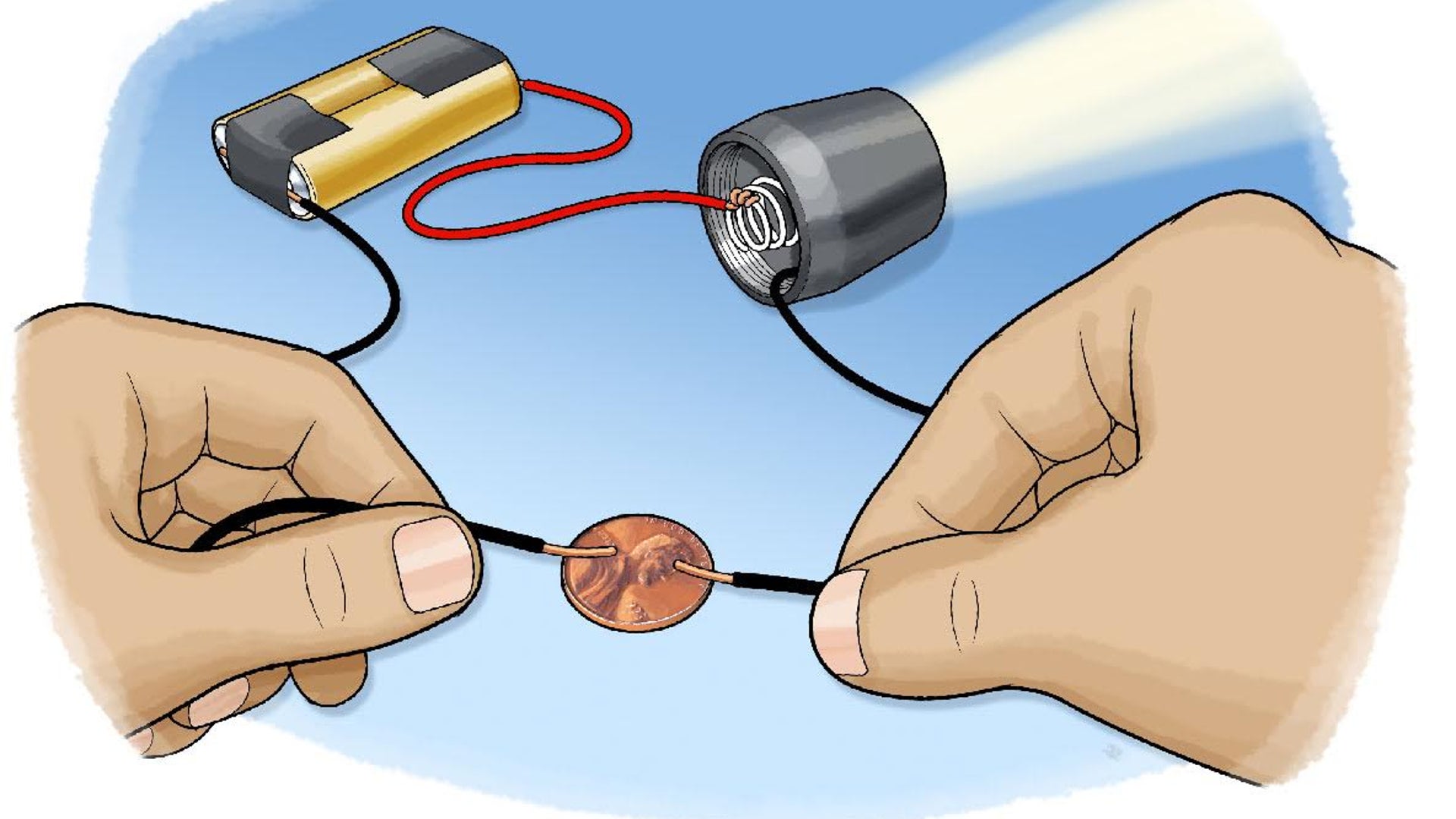Electronic equipment encompasses a vast array of devices that utilize electronic components to perform specific functions. From everyday household appliances to sophisticated medical devices, electronic equipment has become an integral part of modern life.
A Diverse Landscape:
The range of electronic equipment is vast and ever-expanding. Key categories include:
- Consumer Electronics: These devices are designed for personal or household use, such as smartphones, televisions, computers, laptops, tablets, audio systems, and gaming consoles.
- Industrial Electronics: Used in industrial settings, these devices include robotics, programmable logic controllers (PLCs), sensors, and industrial control systems.
- Medical Electronics: A critical sector encompassing a wide range of devices used in healthcare, such as imaging equipment (X-ray machines, MRI scanners), patient monitoring systems, and medical implants.
- Automotive Electronics: Integrated into modern vehicles, these include engine control units, anti-lock braking systems, navigation systems, and infotainment systems.
- Telecommunications Equipment: Devices used for communication, such as smartphones, routers, switches, and servers.
Key Components of Electronic Equipment:
Electronic equipment typically consists of various components, including:
- Semiconductors: Integrated circuits (ICs), transistors, and diodes, which are the building blocks of electronic devices.
- Printed Circuit Boards (PCBs): These boards provide a platform for mounting and connecting electronic components.
- Power Supplies: Convert electrical power from the mains supply into the appropriate voltages and currents required by the electronic components.
- Sensors: Devices that detect and respond to physical or environmental changes, such as temperature, pressure, and light.
- Actuators: Devices that convert electrical signals into mechanical motion, such as motors and solenoids.
The Impact of Electronic Equipment:
Electronic equipment has revolutionized many aspects of modern life, enabling:
- Improved Communication: Facilitating global communication through devices like smartphones and the internet.
- Enhanced Healthcare: Improving healthcare outcomes through the development of advanced medical diagnostic and treatment equipment.
- Increased Productivity: Enhancing efficiency and productivity in various sectors through the use of automation and robotics.
- Entertainment and Leisure: Providing a wide range of entertainment options, from music and movies to video games and virtual reality experiences.
The field of electronics is constantly evolving, with new technologies and innovations emerging at a rapid pace. From artificial intelligence and the Internet of Things to advanced materials and miniaturization, the future of electronic equipment holds immense potential for further transforming our lives.
